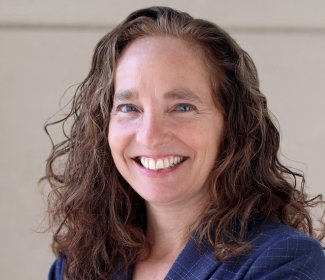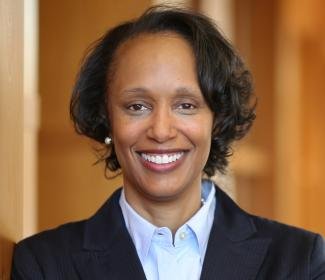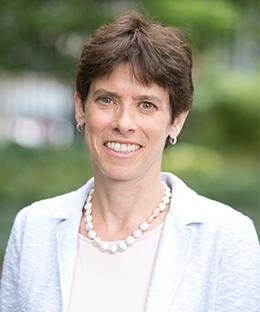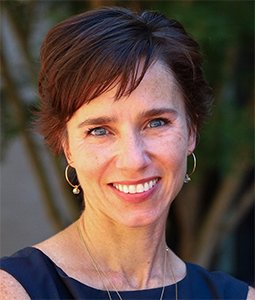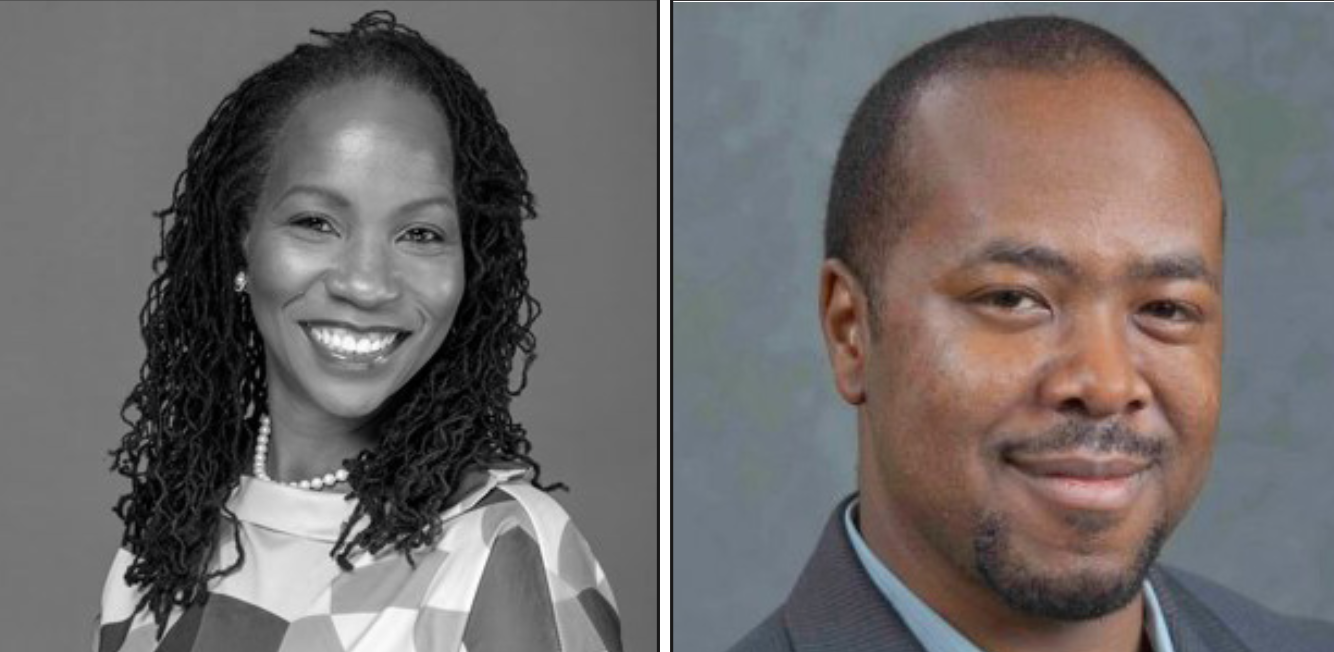Ethan Brown ‘25
Samuel Ellis '25
Staff Editors
Pictured: Professor Citron answers student questions.
Picture Credit: Samuel Ellis '25.
On October 24, Professor Danielle Citron gave a brief talk and answered a panel of student questions about her recently released book, The Fight for Privacy: Protecting Dignity, Identity, and Love in the Digital Age. The event was jointly sponsored by LawTech, the American Constitution Society, If/When/How, the Black Law Students Association, the Lambda Law Alliance, and Law, Innovation, Security & Technology (LIST).
Professor Citron introduced her book by defining its focal point: intimate privacy. Intimate privacy consists of our innermost thoughts and bodily integrity, and Professor Citron said that these crucial elements of our personal lives are under threat, thanks in part to the rise of digital technology and eroded privacy protections.
To illustrate the types of intimate privacy violations that Professor Citron is worried about, she led with an anecdote about Joan, a recent law school graduate. While traveling for work, Joan stayed at a hotel. Much to her horror, after checking out of the hotel and returning home, she received a video from an anonymous source of her undressing and showering in her hotel room—someone had bugged the hotel bathroom. This source threatened to leak the video to all of Joan’s professional and personal contacts unless she provided more naked photos of herself, and when Joan refused, the video of Joan appeared on PornHub—with her full name embedded in the video—within twenty-four hours. The video quickly spread to 300 other adult websites. Joan’s social media accounts were compromised, and the video was sent to her colleagues, friends, and family members. When she contacted individual sites to get the video taken down, she was routinely denied, or worse, asked to send additional nude images and videos in exchange for the video’s removal.
Joan’s experience shows how digital apps and sites can so easily enable mass privacy violations and lead to intense personal damage in the process.
“Before, Joan loved using social media. Facebook was how she kept in touch with her high school friends. So, because she knew her social media would be weaponized against her, she shut it down,” Professor Citron said.
Professor Citron noted that almost every aspect of our personal lives, even at a granular level, is cataloged by our devices. Where we eat, where we work, who we spend time with, who we sleep with—all of these intimate details are monitored by our phone applications. Professor Citron asked audience members to raise their hands if they’d ever read any of the privacy agreements they signed with various companies and phone applications—aside from a few of her students, nobody had.
Professor Citron explained that everybody has a role to play in the preservation of intimate privacy and protection against its violation. She noted the widespread consumption of digital pornography, which, as detailed in the story of Joan and too many people like her, is rife with intimate privacy violations. Every visit to an adult website, every click, and every subscription signifies monetary contributions to an industry which profits from intimate privacy violations.
“The difficult news is that our intimate privacy is woefully underprotected,” Professor Citron said.
With this context in mind, Professor Citron then turned to answer questions from students, who were members of the several organizations sponsoring the talk. Zoe Kiely ’25 asked Professor Citron for guidance about how queer youth—particularly in states like Virginia, where their rights at school are under siege—can safely navigate online spaces where their privacy may be put at risk.
Professor Citron encouraged all young people, particularly those in marginalized communities, to seek out support in digital spaces and emphasized that those spaces were important tools. But she also reminded them that the average perpetrator of digital intimate privacy violations has about 300 victims before getting caught, so young people should act cautiously and avoid certain behaviors—like sending nude photographs—which severely jeopardize their safety.
Representing the Black Law Students Association, André Earls ’24 asked Professor Citron if there were ways to leverage intimate data to empower marginalized communities. Professor Citron noted that “surveillance is a story of Black surveillance and surveillance of marginalized communities.” The problematic foundation of surveillance renders its use for empowerment to be what Professor Citron calls a “hard possible.”
Professor Citron then compared the United States’s grappling with intimate privacy concerns to similar problems around the world. She noted South Korea as a positive example for what can happen when people successfully organize for government protections against intimate privacy violations. Before the protections, South Korean public bathrooms were routinely recorded so that when women used the restroom, an intimate video was taken and later uploaded online. The heinous practice, known as “molka” (or 몰카), was named after a Korean prank television show and resulted in women either avoiding public bathrooms or carrying a mask and a gap-filler to block the view of the stall interior from the rest of the restroom. Public demonstrations in the late 2010s garnered tens of thousands of protestors and led to the successful lobbying of the South Korean government to take action against the practice. Professor Citron, working with the South Korean government, noted that one of her first key suggestions was to cease the use of the term molka and instead refer to the practices as “digital sex crime content,” so as to indicate the seriousness of such intimate privacy violations.
Professor Citron closed the talk by encouraging attendees to engage with their colleagues about what data privacy and the protection of intimate information means to each individual.
“Let people in your life know your expectations about sharing your email and text. Whatever it is, have conversations with people you care about and communicate with them about the types of privacy you expect of each other. . . . That ought to be how we live every day of our lives.”
Still, Professor Citron warned that while there are steps that can be taken on an individual basis, there is much work to be done before the conundrum of intimate privacy violations can be solved. “It’s a Band-Aid for a bomb.”
---
bwj2cw@virginia.edu
sav5mv@virginia.edu












